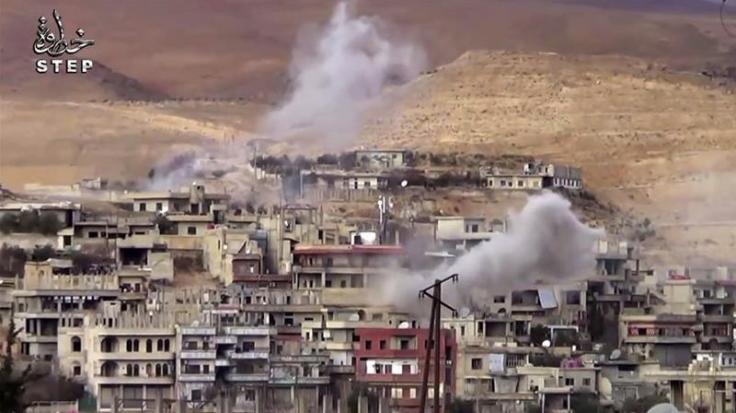UN says cut off water-supply in Damascus is a war crime

The United Nations has warned that the cessation of water supply is a war crime.
This commentary was published after the main water source for the Syrian capital was attacked, what is resulting in millions of people could be left without drinking water.
Water supplies from the rebel-held Wadi Barada valley near Damascus have been severed since December 22 with the government and rebels trading blame.
Jan Egeland, head of a UN-backed humanitarian task force for Syria, said on Thursday that the shutdown already had "dramatic" consequences.
He said water supplies to 5.5 million people had been hit "because of fighting, or because of sabotage or because of both".
"To sabotage and deny water is of course a war crime, because it is civilians who drink it and civilians who will be affected by waterborne diseases" if supplies are not restored, he told reporters in Geneva.
The UN Office for the Coordination Humanitarian Affairs has said that water supplies were cut off because "infrastructure was deliberately targeted and damaged" - without saying who was responsible.
The government has accused rebels of polluting the springs with diesel, while the opposition says government bombing destroyed the village's water plant.
The Syrian army and its allies pressed ahead on Friday with a two-week-long offensive to seize the strategic valley, in spite a ceasefire in place since last week.
Aerial bombing and shelling from the army as well as Hezbollah fighters stationed in the mountains that overlook the valley on the northwestern edge of the capital have intensified in the past 48 hours.
The Reuters news agency cited residents and rebels saying scores of fighter jets pounded the area around the Ain al-Fija springs and the villages of Baseimah, Kafr Zayt, and al-Husseineh, which form part of a cluster of 10 villages controlled by rebels in the Wadi Barada region.
Source: Al Jazeera
